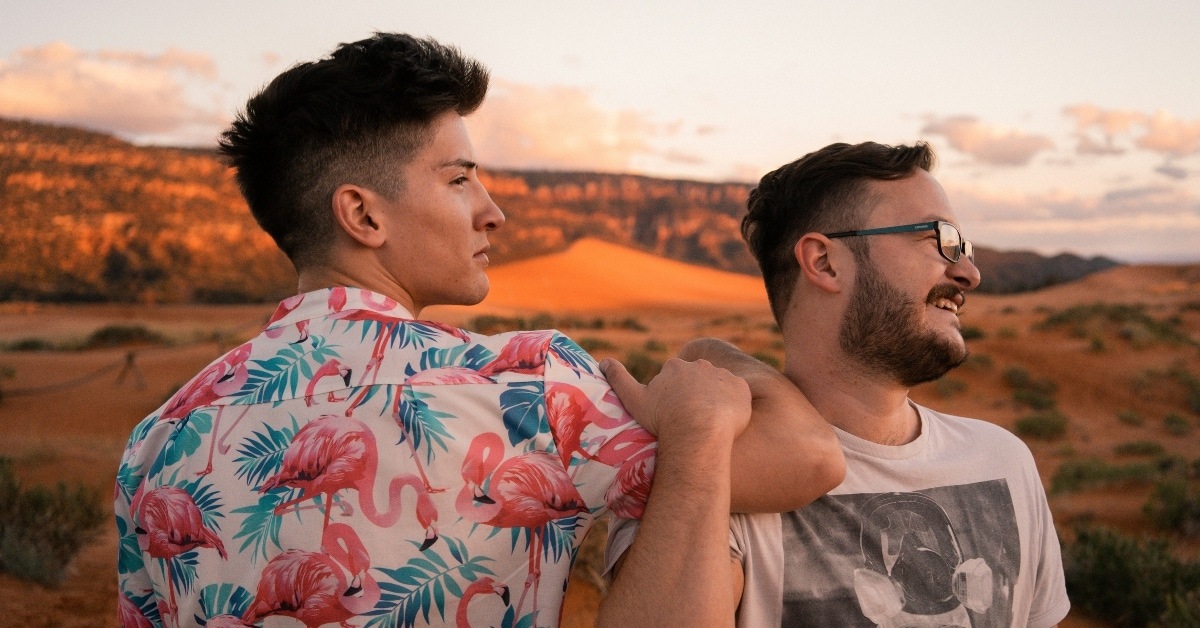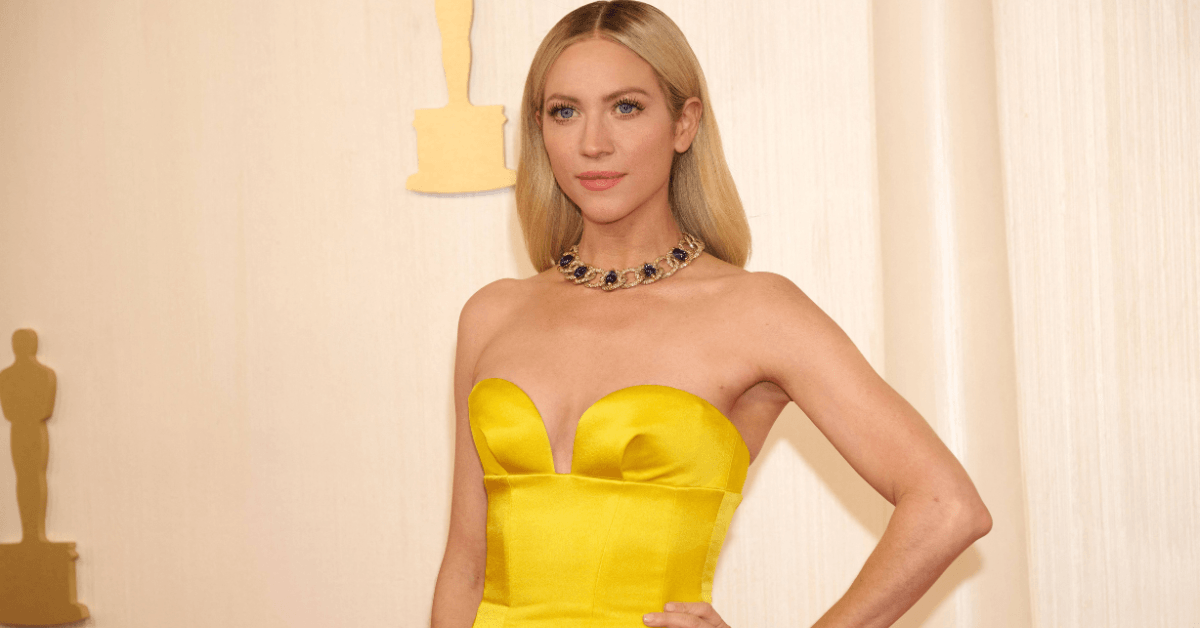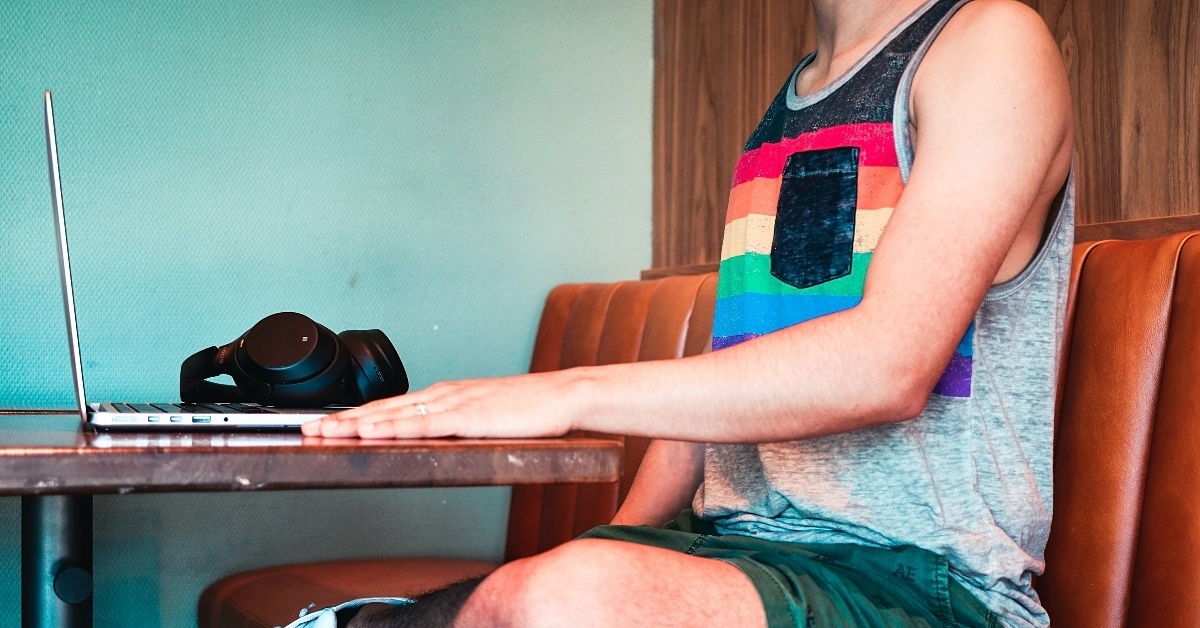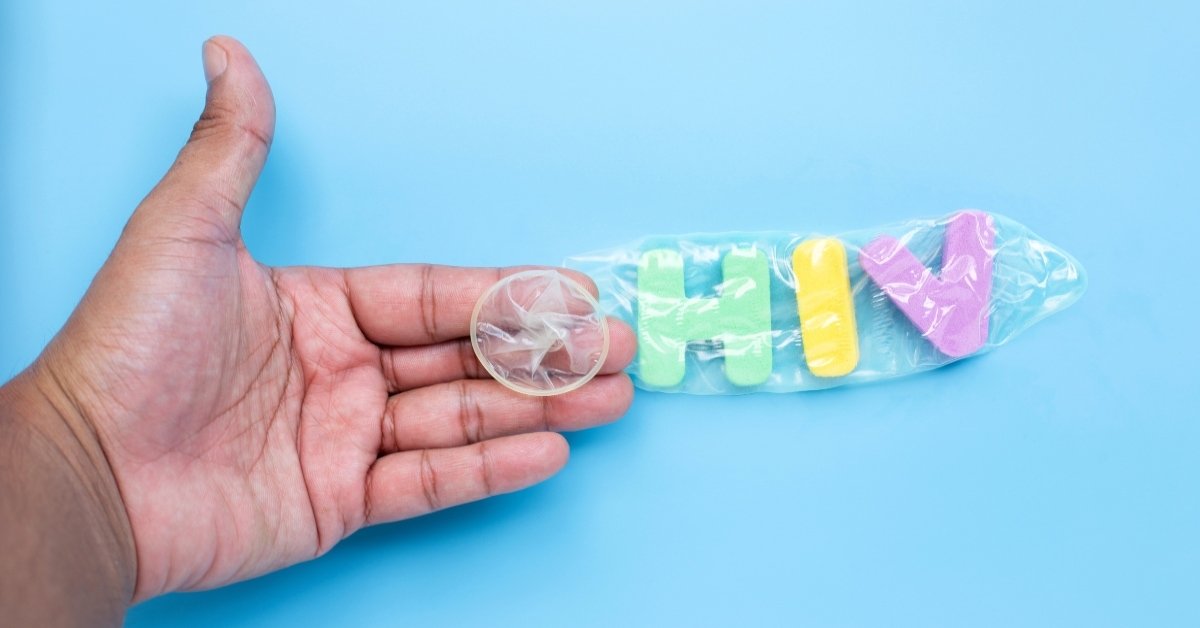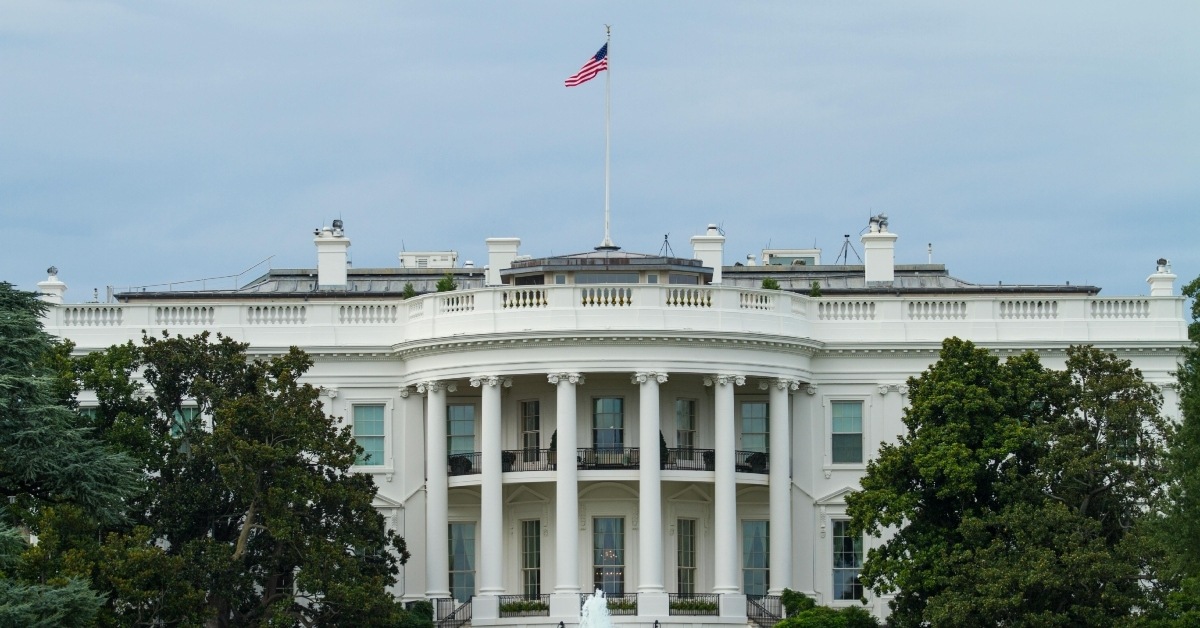BY: Denver Sean
Published 4 years ago

This should hardly come as a surprise to anyone, but according to a new report companies are still advertising and profiting from the Black Lives Matter movement — all while simultaneously underpaying Black talent.
Bloomberg spoke with several Black content creators and influencers about pay rates and determined that Black creators are severely undervalued compared to white creators with similar followings.
TikTok choreographer Sydnee McRae — who created the now-viral #CaptainHookChallenge — says she’s routinely offered $500 by labels and companies to create and perform dance to promote songs.
White choreographers with similar followings make $5,000 for the same work.
The phenomenon of White artists appropriating the work of Black creators—and getting paid more to do it—is as old as the entertainment industry itself. But McRae’s experience cuts against the meritocratic promises of the likes of TikTok, Instagram, and YouTube, which allow creators to achieve celebrity without going through agents or casting directors. Now that there’s real money to be made on these platforms—brand endorsements on social media account for $10 billion a year globally, according to SignalFire, a venture capital firm that tracks industry data—a new class of gatekeepers has emerged. They’re corporate marketers and digital ad agency executives trying to capitalize on the new Hollywood, and most of them are White. The result, according to interviews with dozens of influencers, is that White social media stars consistently make far more than their Black counterparts, even in cases where Black influencers have more followers or are doing more of the creative work.
In other cases, Black influencers aren’t being paid at all.
Stacy Thiru, who gives beauty tips to her 1.5 million TikTok followers, says that before she knew what her true market value was she’d regularly accept products—wigs, for instance—in lieu of cash when she created promotional tutorials for beauty companies. “They got free promo,” she says. “All I got was hair.” Another well-known social media personality, Jordan Craig—also known as the meme-maker Ka5sh—says he became aware there was a racial gap in pay when he attended an event with a few White memers, all of whom had similar followings. They showed up in new luxury cars; Craig, who is Black, couldn’t afford a car at the time and came in an Uber. “It’s crazy to be famous on the internet and then have it not mean anything,” he says. “Literally, I was not sure where I was going to sleep last March.”
With the rise of the Black Lives Matter movement in Summer 2020, many companies saw it as an opportunity to capitalize on the ever-changing social demographic and an easy way to speak to Black audiences.
While companies were quick to seek out Black influencers to promote their newfound messages of equality, behind the scenes the equality was nowhere to be found.
Kenny Knox, a 22-year-old sketch comic—he helped pioneer a style of online comedy in which a single actor plays all the characters in a skit—struck sponsorship deals with Trident gum, Axe deodorant, and Gillette razors, among other brands. “I don’t know if it’s them wanting to work with me because it’s me, or if they feel bad and they see me and want their brand to look better,” says Knox. “But I’m thankful.” By the end of 2020 he was making enough money to rent an apartment without roommates for the first time.
Knox had gotten his start making six-second videos on Vine, the old video app. He was one of the service’s most popular users, but he didn’t even realize that companies paid influencers for posts until he began trading notes with his White peers, many of whom make as much as $100,000 per video these days. “I should be a millionaire right now,” he says. “My friends, my family, they all look at me like I’m about to be Will Smith.”
In 2017, Knox had secured a modest deal to record a video for Target Corp. On his way to the studio, a Target rep called to cancel, because the rep had noticed that he’d used the N-word in a recent comedy video. Black comedians and musicians, of course, use the word all the time, but Knox nonetheless offered to delete the offending post. The rep said it didn’t matter; Target was no longer interested. “It’s a cop-out, because no brand has hesitated to hire a rapper,” says Young, his manager. Knox now warns other Black creators to keep their content clean.
This makes him different from White influencers like Jake and Logan Paul, who also became famous on Vine and who make millions of dollars a year, despite antics that have included throwing (and filming) raucous, unmasked parties during Covid-19 lockdowns. Jake repeatedly used the N-word in one of his videos, and Logan once filmed a dead body. The men have since been forgiven by the brands that temporarily shunned them. On a podcast last summer, Logan acknowledged that “half of the reason I’m able to get away with my hooligan shit I do in my vlogs is because I’m a White kid.”
This is just the tip of the iceberg as far as illustrating how deep the inequalities between Black and white influencers go. Companies won’t do better until they’re held accountable.
To read the rest of the report, click here.
